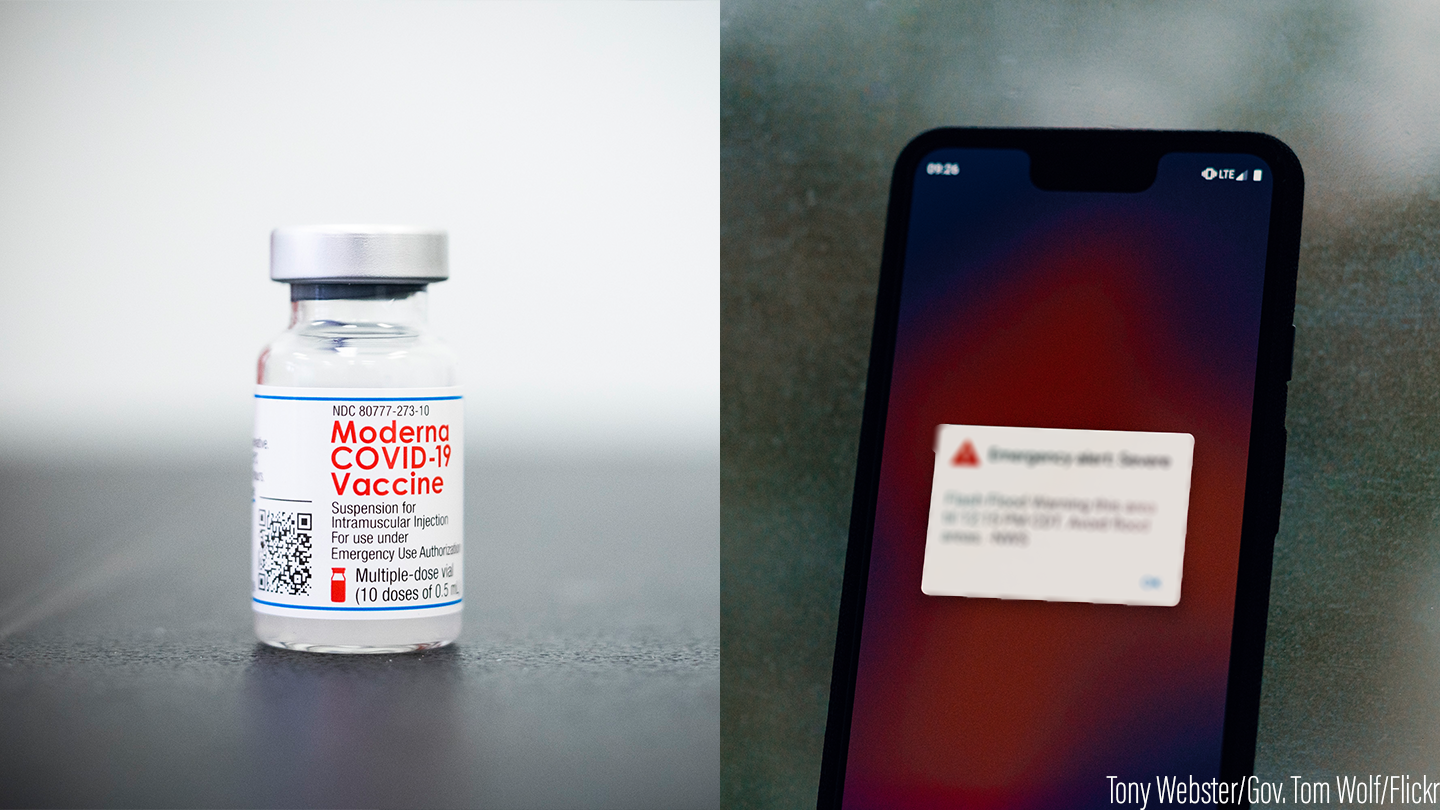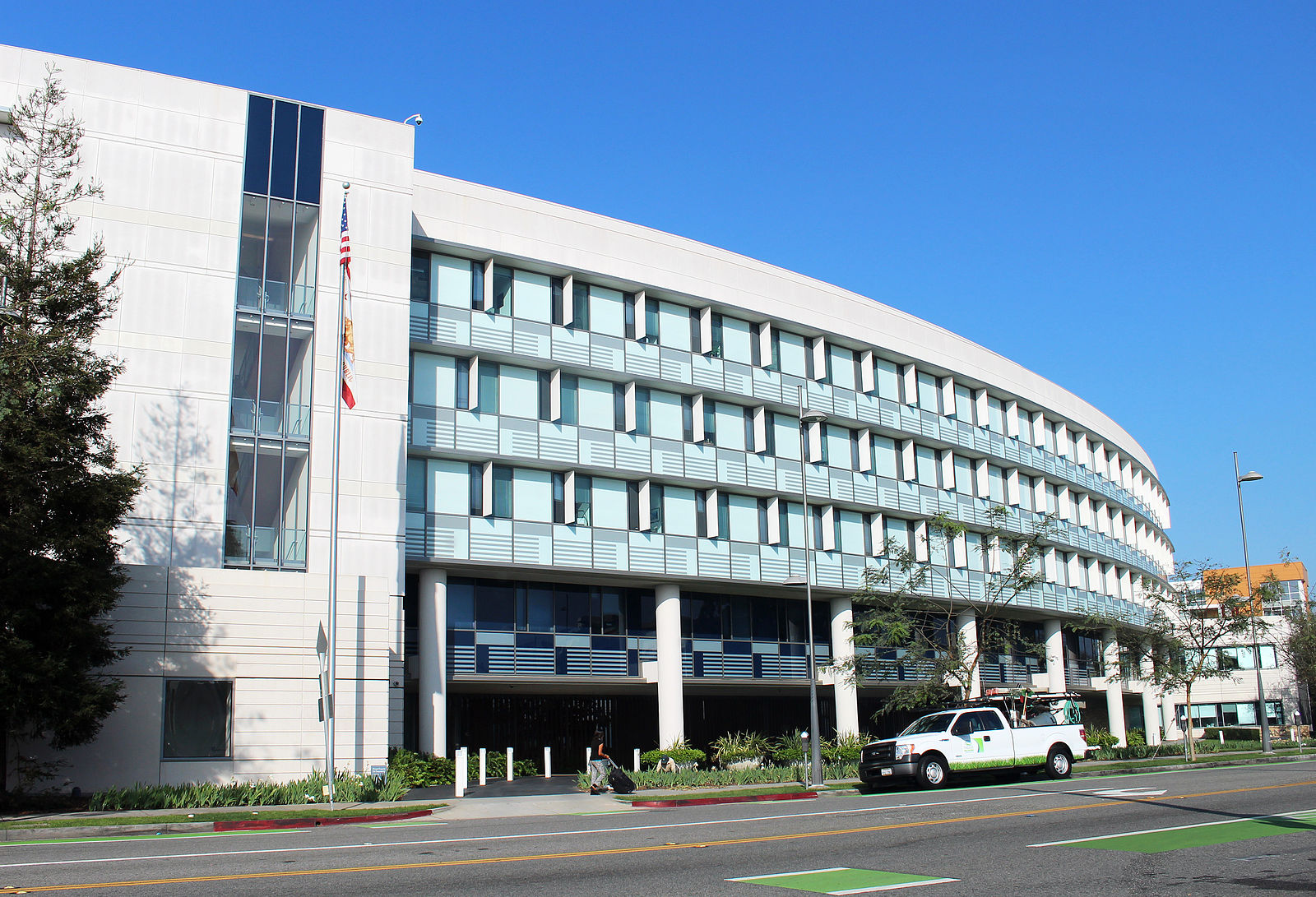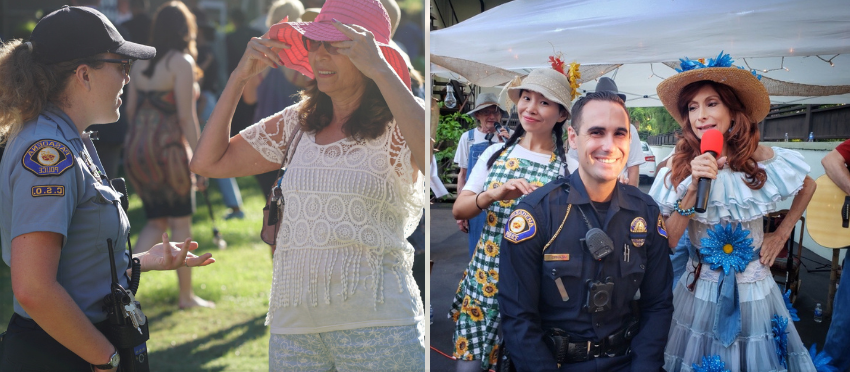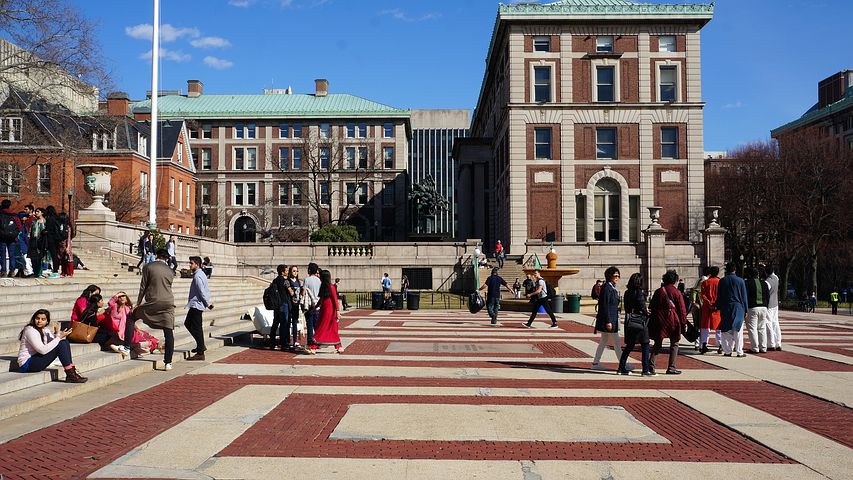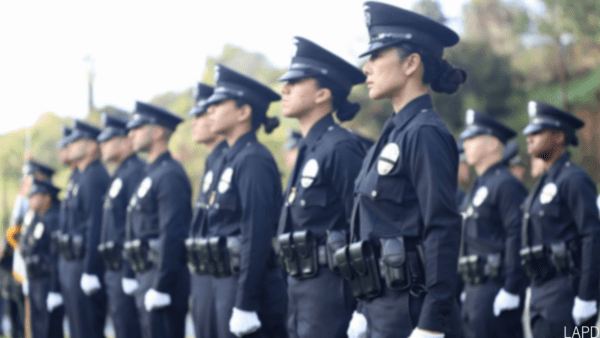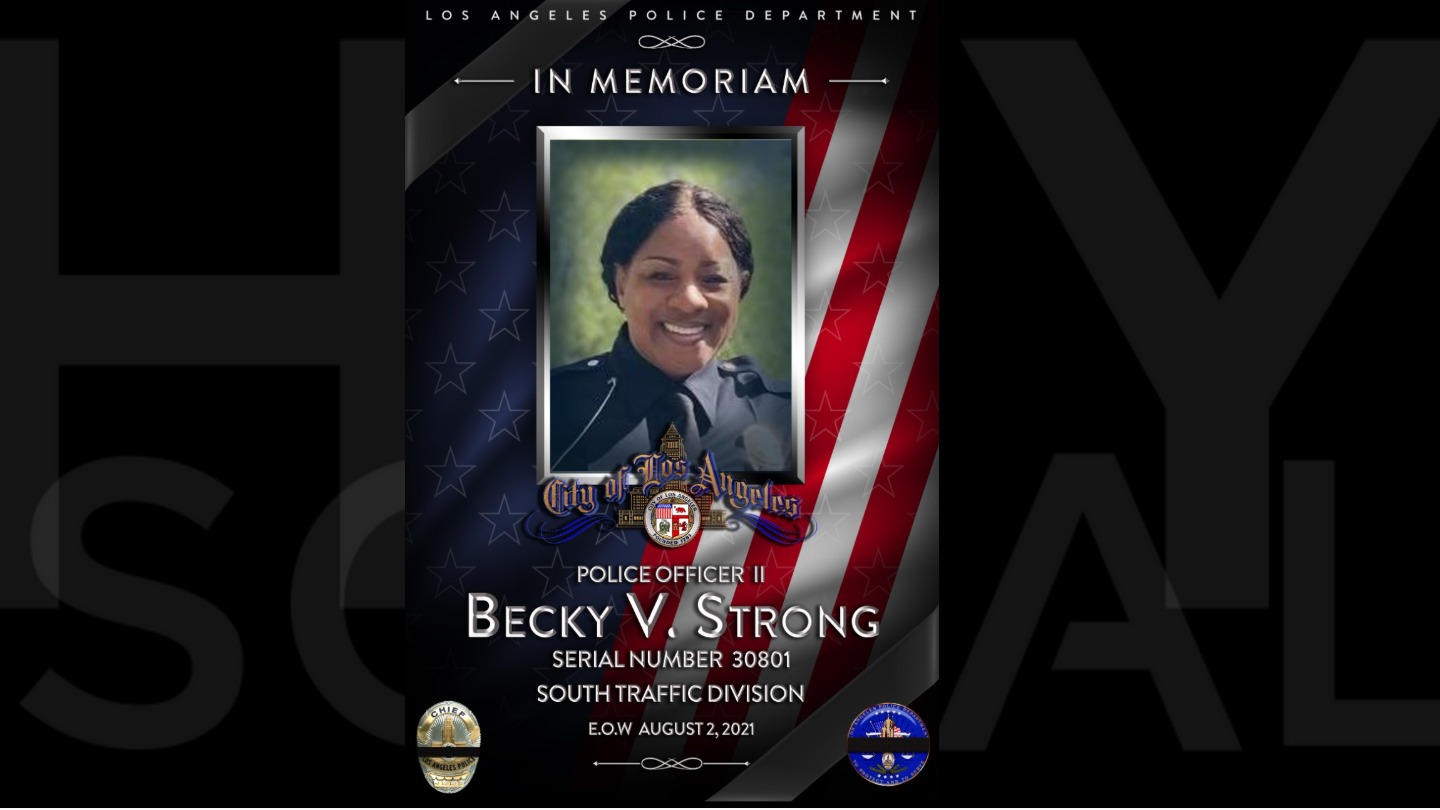Text message reminders are an efficient way to successfully boost the number of people getting the COVID-19 vaccine, according to a UCLA-led study released Monday.
Simple texts emphasizing the easy availability of the COVID-19 vaccines are effective in encouraging holdouts to get the shot, according to findings from researchers at the David Geffen School of Medicine at UCLA, the UCLA Anderson School of Management and Carnegie Mellon University. The findings suggest that unobtrusive behavioral nudges — such as a text — can help increase vaccinations across all demographics, even among hesitant groups.
“We found that text messages stressing the accessibility of the vaccine and that included ownership language, such as that the vaccine has just been made available to you and to claim your dose today, significantly increased vaccine uptake,” said Dr. Daniel Croymans, a UCLA Health primary care physician, medical director of quality and the study’s senior author.
The researchers analyzed data from two random control trials with UCLA Health patients, most of them over age 65, who were eligible for the COVID- 19 vaccine in January and February. In the first trial, about 93,000 participants who had initially been notified of their eligibility for the vaccine received one of four types of text messages or no text reminders.
Those who received reminders via text were also sent a direct link to a page allowing them to schedule a vaccination appointment.
Appointment rates within six days of the texts being sent were nearly double among those who received them compared to those who did not, a difference of 13.2% and 7.2%. Vaccination rates also remained higher one month after text reminders at 17.56% versus 13.89%.
Although different types of text messages and video were sent out, as well, researchers found that only adding ownership language to the text messages brought an additional boost in appointment and vaccination rates, compared to text messages without such language. Adding informational videos to the texts did not yield a detectable effect on the patients’ behavior — in fact, few of them clicked on the video link at all.
In the second trial, more than 67,000 people who did not schedule an appointment after receiving the first reminder were divided into two groups. Eight days after that first text reminder, one group was sent a second reminder text, and the other group was not.
Researchers found that those who received the second reminder were 1.65% likelier than the other group to schedule an appointment for their first dose within six days of receiving the text. They were also 1.06% likelier to follow through and get the shot even though many in the group were initially reluctant to get the vaccine.
“One simple reminder, which is cost effective, could prompt people to schedule their appointment,” said co-lead author Silvia Saccardo, an assistant professor in the Department of Social and Decision Sciences at Carnegie Mellon University. “Getting scheduled for the first dose was the biggest barrier. Once scheduled, people went to the appointment and then returned for their second dose.”
She said text reminders are both effective and inexpensive tools to motivate people across all demographics to get the vaccine, which is particularly important with the highly contagious Delta variant making its way across the world.
The study’s findings on the effectiveness of text reminders also may assist healthcare professionals in other ways, Croymans noted.
“We could use them to encourage patients to get screened for colorectal cancer or to connect them to health educators to improve outcomes in chronic conditions, such as diabetes,” he said. “It’s a potential tool that could help physicians help their patients avoid serious illness or complications that could have been prevented.”
The findings of the study were published in the peer-reviewed journal Nature.

